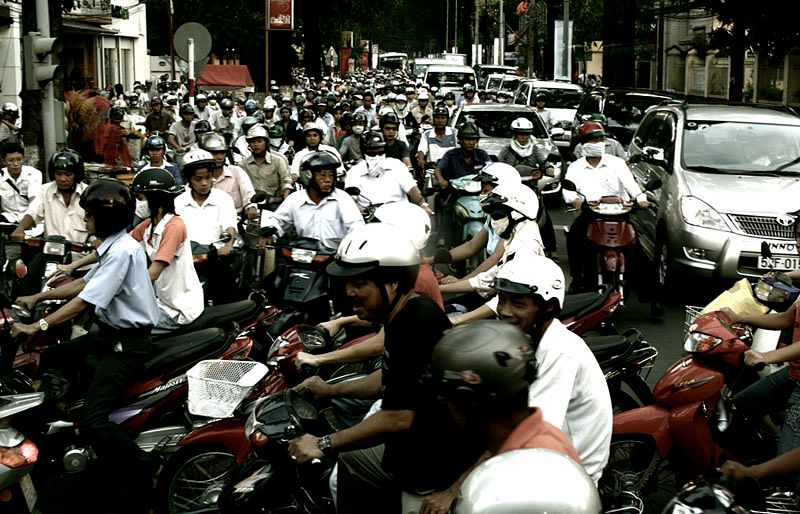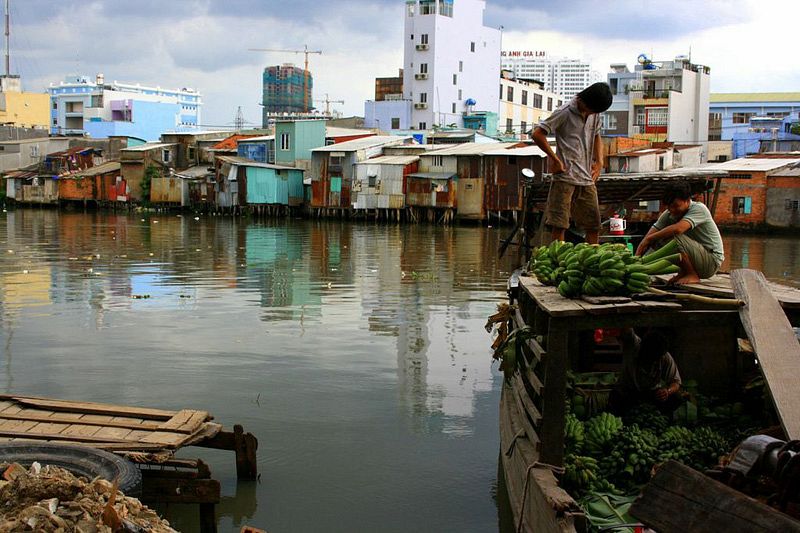Japanese companies, some of Vietnam’s largest investors, are playing an interesting game these days.
For the most part, Japan has taken on the role of older brother to Vietnam, supporting the development of the country’s major infrastructure (bridges and tunnels) and transportation (subways and urban rail networks) projects.
Now, within the framework of the Vietnam – Japan cooperation program, discussions are underway to cut the high tax rates on cars in Vietnam. This is not about imports, rather crafting a domestic plan, using Japanese technology to spur development and construction of local production facilities.
Under the plan, there are two proposed phases:
1. Pre 2018 - Vietnam would be responsible for creating a domestic automobile market. Presumably, this means cutting taxes (and maybe even giving tax breaks) to make cars more attractive to the middle class.
2. Post 2018 - The local market should be entering a phases of “motorization” wherein the steps taken in phase 1 will have created a favorable environment for automobiles, resulting in a massive increase in sales.
This all makes sense for Japan since its market is finite and oversaturated. This, along with a declining birth rate, means Japanese companies know that their futures lie in exporting their premium automotive and electronic technologies to developing countries such as Vietnam.
It’s a bit ironic that Japan, which basically holds in its hands the future of transportation in Vietnam, is promoting automobiles and public transportation concurrently.
International experts have said that the a public transportation plan is vital to the sustainable development of Vietnam’s urban centers and singled out the growing rate of cars as the biggest obstacle in accomplishing this.
Maybe the Japanese know something we don’t but it’s hard to envision a scenario where more cars on Vietnam’s streets are a good thing.














